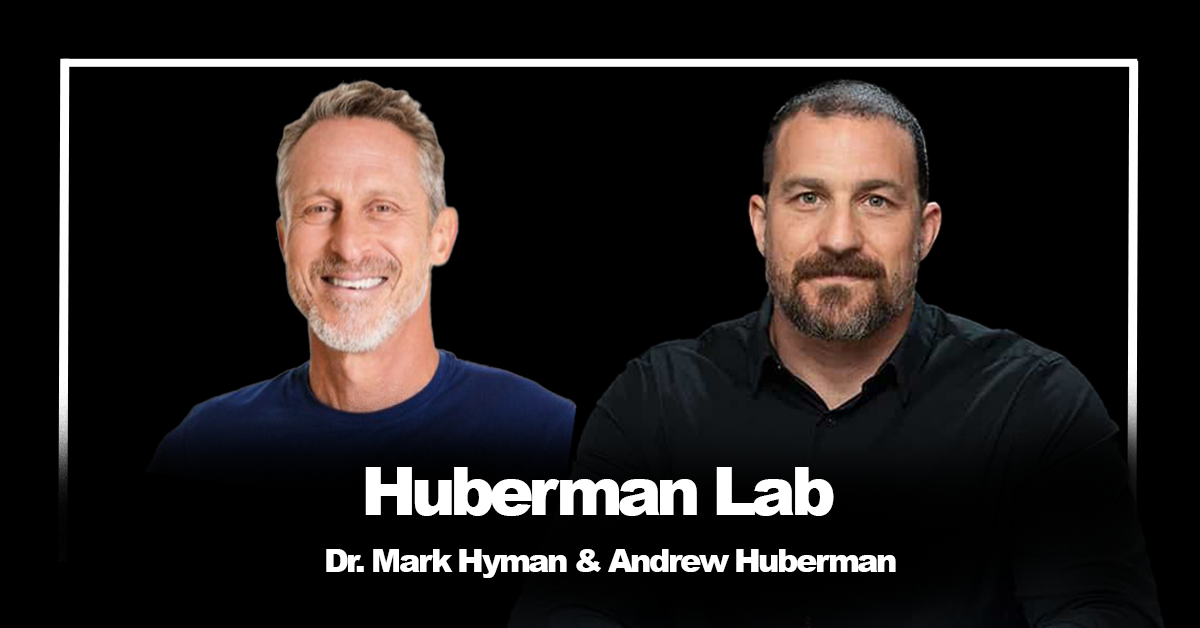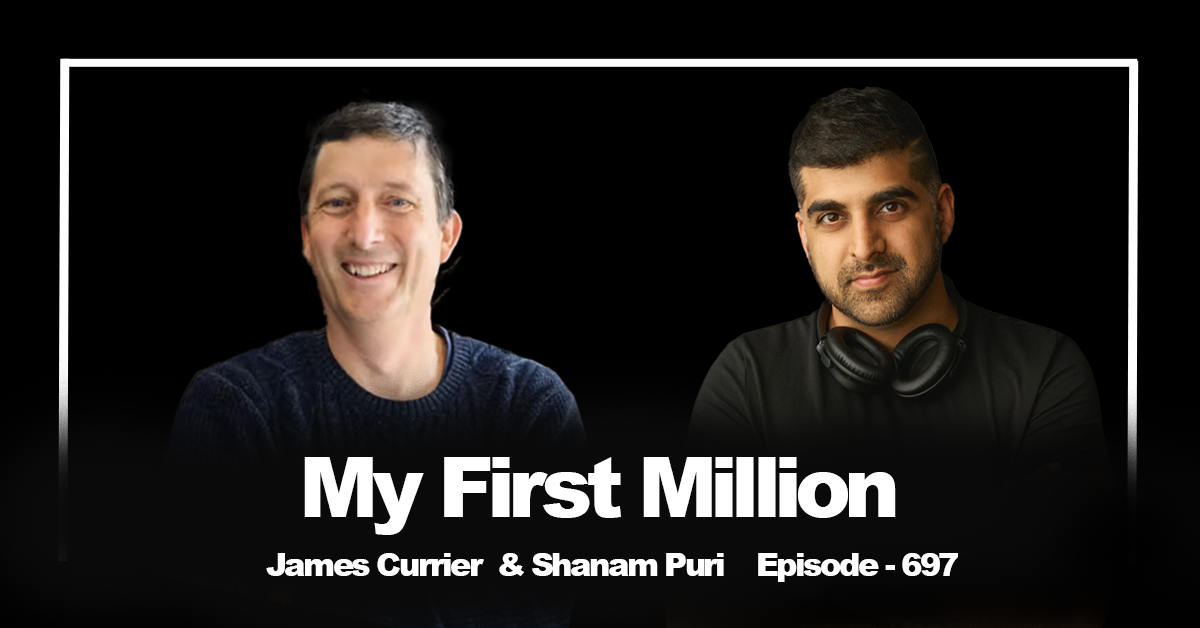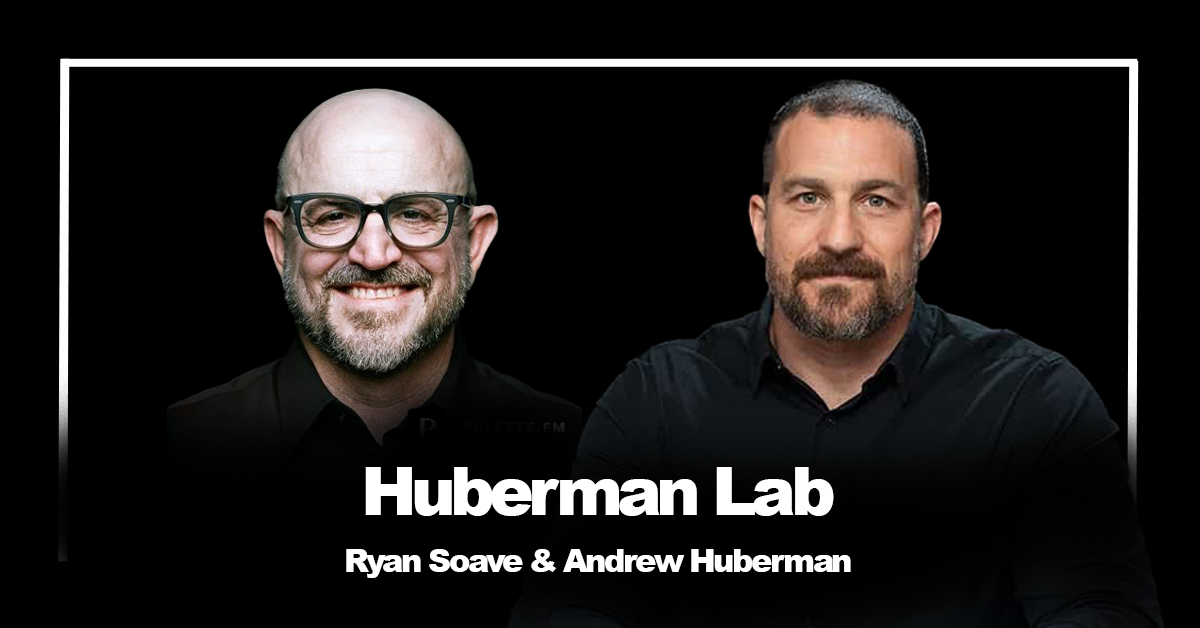This week on the Huberman Lab podcast, Dr. Andrew Huberman sits down with Dr. Mark Hyman, a practicing physician, internationally recognized leader in functional medicine, and Head of Strategy and Innovation at the Cleveland Clinic Center for Functional Medicine.
Dr. Hyman offers a compelling perspective on health that bridges conventional and alternative approaches. He explains the core principles of functional medicine – viewing the body as an interconnected network or ecosystem, rather than isolated parts. They dive deep into the root causes of chronic disease, discussing inflammation, metabolic health, gut health, mitochondria, nutrition, environmental toxins, and how optimizing these systems can dramatically improve physical and mental well-being at any age. Dr. Hyman grounds his insights in the latest discoveries in human biology, providing actionable tools and challenging conventional wisdom along the way.
From his personal health crisis that led him down this path to discussing the nuances of diet (including seed oils vs. sugar/starch), supplementation, longevity pathways, and even the controversies surrounding health policies, this episode is a masterclass in taking a systems-level approach to your health.
Here are the detailed key insights and takeaways:
1. Functional Medicine: Treating the Root Cause, Not Just Symptoms
- Body as a Network: Functional medicine views the body as an interconnected system. Problems in one area (e.g., gut health) can manifest as symptoms elsewhere (e.g., migraines, skin rashes, depression). It’s about understanding these connections.
- Beyond Reductionism: Unlike traditional medicine which often focuses on diagnosing and treating a specific disease in isolation, functional medicine asks why the body’s systems are malfunctioning and seeks to restore balance.
- Two Core Questions:
- What is interfering with the body’s normal function? (Identify and remove impediments: toxins, allergens, infections, poor diet, stress).
- What does the body need to thrive? (Identify and provide essential ingredients: whole foods, specific nutrients, sleep, light, movement, connection, meaning/purpose).
- Science of Creating Health: The focus is on optimizing the body’s innate healing systems. When you create health, disease often goes away as a side effect.
2. The Root Causes of Chronic Illness
- Inflammation: Identified as a core driver of most chronic diseases (obesity, diabetes, heart disease, cancer, dementia, autoimmune conditions, depression).
- The Exposome: Everything your genes are exposed to (diet, toxins, stress, microbes, allergens) influences your health far more than genetics alone.
- Key Impediments: Dr. Hyman lists the major categories disrupting health:
- Toxins: Heavy metals, pesticides, chemicals in food/water/air.
- Infections/Microbes: Gut dysbiosis, chronic infections (Lyme, Epstein-Barr), post-viral issues.
- Allergens/Sensitivities: Environmental and food-related reactions, often linked to leaky gut.
- Poor Diet: Especially high intake of processed foods, sugar, and refined starches.
- Stress: Physical, mechanical, or psychological.
- Dietary Culprits: Argues that the combination of refined starch/sugar and unhealthy fats is far more damaging than fat or starch alone. Points to the low-fat dietary guidelines of the ’70s-’90s coinciding with the rise in obesity and metabolic disease.
3. Essential Ingredients for Health
- Whole Foods: Eat real food, as close to nature as possible. “Eat food, mostly plants, not too much” (Michael Pollan). Prioritize single-ingredient foods.
- Nutrient Density: Industrial farming has depleted soil nutrients. Our modern diet often lacks sufficient micronutrients.
- Key Foundational Supplements (Considered Necessary by Dr. Hyman):
- Omega-3 Fatty Acids (EPA/DHA): 1-2 grams daily.
- Vitamin D3: Most people need 2,000-4,000 IU daily (testing recommended to optimize levels).
- Magnesium: Crucial, often deficient. Citrate (laxative), Malate (muscles), Glycinate/Threonate (brain/sleep) are good forms.
- Good Multivitamin: With bioavailable forms of nutrients, third-party tested.
- Maybe: Zinc, Selenium, Iodine (especially if using non-iodized salt), Methylated B12 (if needed).
- Other Pillars: Adequate sleep, light exposure (sunlight), movement/exercise, social connection, stress modulation, meaning/purpose.
4. Testing & Personalization: Beyond Standard Checkups
- “Test, Don’t Guess”: Functional medicine relies on deeper diagnostic testing beyond standard panels to understand individual biochemistry (e.g., nutrient levels, inflammation markers, gut microbiome, heavy metals, hormones, food sensitivities, genetics related to nutrient metabolism like methylation).
- Limitations of Standard Medicine: Doctors often aren’t trained to interpret or utilize this deeper testing.
- Patient Empowerment: Dr. Hyman advocates for patients owning their health data (like through platforms such as Function Health, which he co-founded) and becoming partners in their care.
- N=1 Research: Understanding your own body’s response to interventions (diet, supplements) is crucial, as there’s significant individual variation (e.g., response to ketogenic diets).
5. Controversies & Nuances
- Seed Oils: While acknowledging the processing concerns (hexane, oxidation) and omega-6 imbalance, Dr. Hyman suggests the data is mixed andcontext matters. Prioritizes avoiding the starch/sugar combo over eliminating seed oils entirely if eating a healthy diet otherwise. Prefers olive oil, avocado oil, coconut oil.
- Alcohol & Caffeine: Personally avoids alcohol but acknowledges moderation might be okay for some. Notes caffeine can be problematic.
- GLP-1 Agonists (Ozempic, etc.): Views them as potentially useful tools but emphasizes they come with risks (muscle loss, bowel obstruction, pancreatitis) and shouldn’t be used without addressing underlying diet, exercise, and protein needs. Believes lifestyle changes can often achieve similar or better results without the risks.
- Politics of Health: Discusses the polarization of health topics (nutrition, supplements often labeled “red,” while traditional approaches are “blue”) and the need for a non-partisan, human-issue approach. Highlights the influence of the food industry on government policy and research funding.
6. The Future: Systems Biology & Taking Back Control
- Shifting Paradigms: Medicine is slowly moving towards a systems biology approach, understanding interconnectedness rather than just isolated parts.
- Hijacked Biology: Argues that our modern environment (processed food, industrial chemicals, artificial light, lack of movement) has “hijacked” our biology, brain chemistry, and hormones.
- Taking Back Control: Believes we need to reclaim ownership of our bodies and biology, using tools like self-testing, personalized data, and foundational health practices to counter negative environmental influences.
Final Thought:
Dr. Mark Hyman provides a powerful framework for understanding health not as the absence of disease, but as the active optimization of our biological systems. He challenges us to look beyond symptom management to address the root causes of dysfunction, empowering us with the knowledge that simple (though not always easy) changes in diet, lifestyle, and targeted supplementation can create profound shifts in our physical and mental well-being.
Find Dr. Hyman: Learn more about Dr. Mark Hyman, his books (including Eat Fat, Get Thin, Food Fix, Young Forever), podcast, and resources at DrHyman.com. Learn about personalized health testing at FunctionHealth.com.
Until next time,
The Podcast Notes Team





